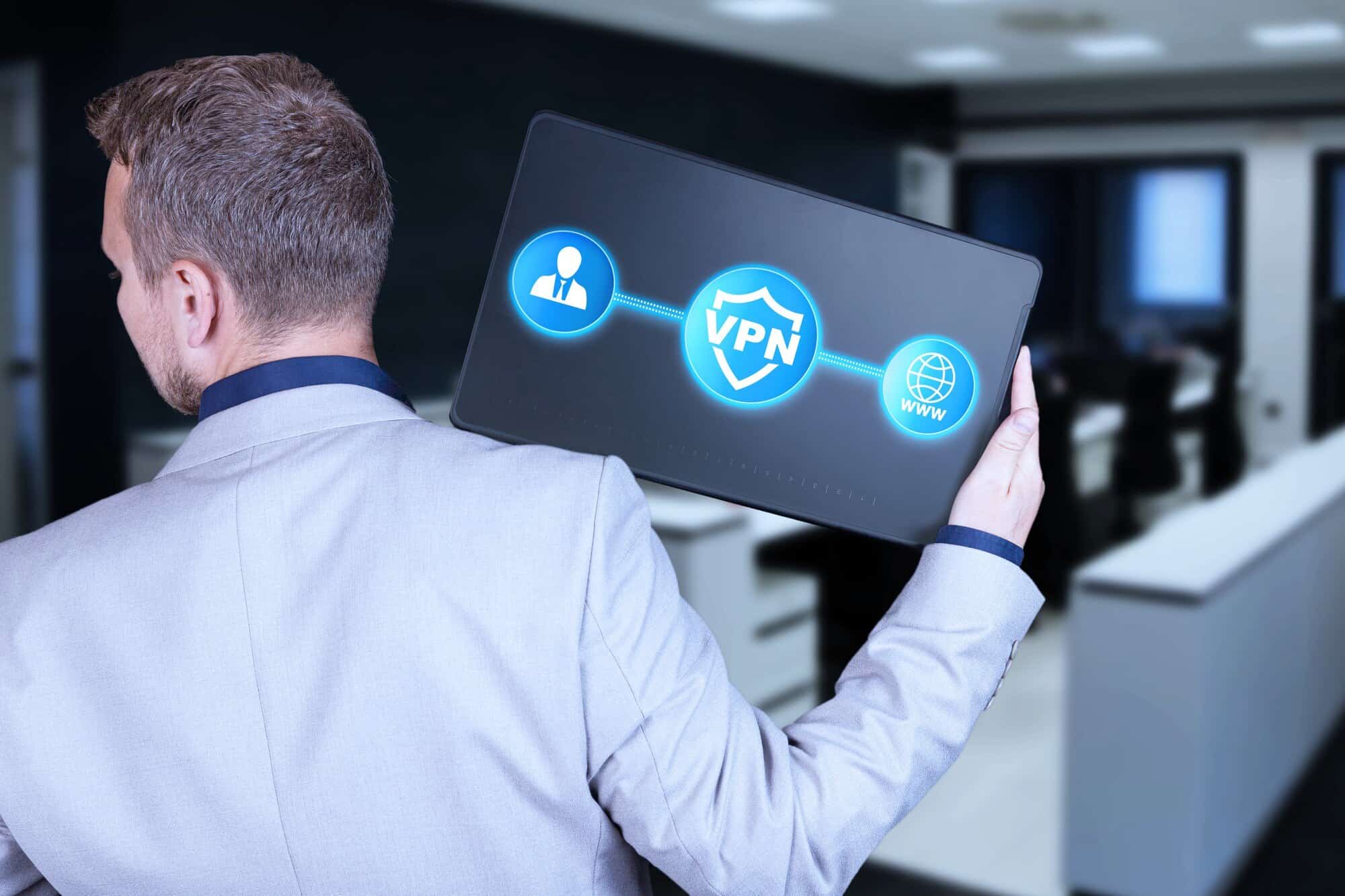Estimated reading time: 7 minutes
Key Takeaways
- A business VPN for teams encrypts every connection, shielding sensitive data from prying eyes.
- Centralised dashboards give IT full visibility and control over user access and security policies.
- Features like split tunnelling balance productivity with protection.
- Seamless VPN integration with collaboration tools keeps remote teams productive without compromising security.
- Choosing the right provider demands scrutiny of encryption standards, scalability, cost, and compliance.
Table of Contents
Understanding Business VPNs
A business Virtual Private Network (VPN) creates an encrypted tunnel between employees and company resources. Unlike consumer VPNs focused on streaming or individual privacy, enterprise-grade solutions offer granular access controls, dedicated IPs, and scalability for entire departments or global workforces.
Key capabilities include:
- Encrypted communication to prevent data interception.
- Centralised dashboards that let admins add or revoke users in seconds.
- Support for dedicated IPs so services trust traffic from approved addresses only.
“A business VPN is the digital moat that protects modern, distributed enterprises.”
Key Benefits of Using a VPN for Teams
Secure Remote Access
Employees travelling or working from cafés can safely connect to internal apps, files, and databases without fear of open Wi-Fi eavesdropping.
Encrypted Communication
End-to-end encryption thwarts man-in-the-middle attacks, dramatically lowering breach risk.
Team Data Protection
- Prevents unauthorised access to shared drives.
- Encrypts chat and email traffic.
- Helps meet regulations such as GDPR.
Enhancing Team Collaboration with VPNs
Because a VPN secures the connection, teams can collaborate freely on cloud platforms without leaking intellectual property.
For organisations using Microsoft’s suite, a VPN ensures files shared in Teams remain private, video calls stay encrypted, and external snoopers stay out.
Securing the Remote Workforce
Home networks often lack enterprise-grade firewalls. A VPN compensates by encrypting every byte and authenticating users before they touch internal servers.
- Remote access VPNs for temporary connections.
- Site-to-site tunnels for branch offices.
- Mobile VPN apps securing phones and tablets.
Advanced VPN Features for Businesses
Modern solutions offer split tunnelling, multi-factor authentication, auto-disconnect kill switches, and detailed audit logs. Split tunnelling routes mission-critical traffic through the VPN while everyday browsing flows directly to the internet, maintaining speed without sacrificing security.
Choosing the Right VPN Solution
When vetting providers, scrutinise:
- Encryption strength and zero-log policies.
- Scalability for future headcount.
- Ease of administration and integration with existing SSO.
- Transparent pricing and robust support.
Implementing a Business VPN
Deploying a VPN typically follows four steps:
- Select a provider that matches security, budget, and compliance goals.
- Configure servers and endpoint clients.
- Define user-level permissions and MFA.
- Train employees on best practices and monitor usage.
Tip: Schedule quarterly audits to ensure the VPN evolves alongside new threats and business requirements.
Conclusion
A well-implemented business VPN safeguards data, fosters seamless collaboration, and empowers remote teams to work confidently from anywhere. Investing in the right solution today provides a security foundation—and a competitive edge—for tomorrow.
FAQs
What is the difference between a personal VPN and a business VPN?
Personal VPNs focus on privacy and bypassing geo-restrictions, while business VPNs add centralised management, dedicated IPs, user-level access controls, and compliance reporting.
Does a VPN slow down internet speed?
Encryption adds minimal overhead. Features like split tunnelling ensure only sensitive traffic uses the VPN, keeping everyday browsing fast.
How many users can connect to a business VPN?
Scalable solutions support anything from a handful of employees to thousands. Licensing models typically charge per user or per gateway.
Is a VPN enough to achieve full compliance with regulations like GDPR?
A VPN is a critical component but not a standalone fix. Pair it with robust data governance, access controls, and incident-response plans.
Can I integrate a VPN with cloud services?
Yes. Many providers offer direct connectors or virtual gateways within AWS, Azure, or Google Cloud, ensuring encrypted traffic between on-prem and cloud resources.







